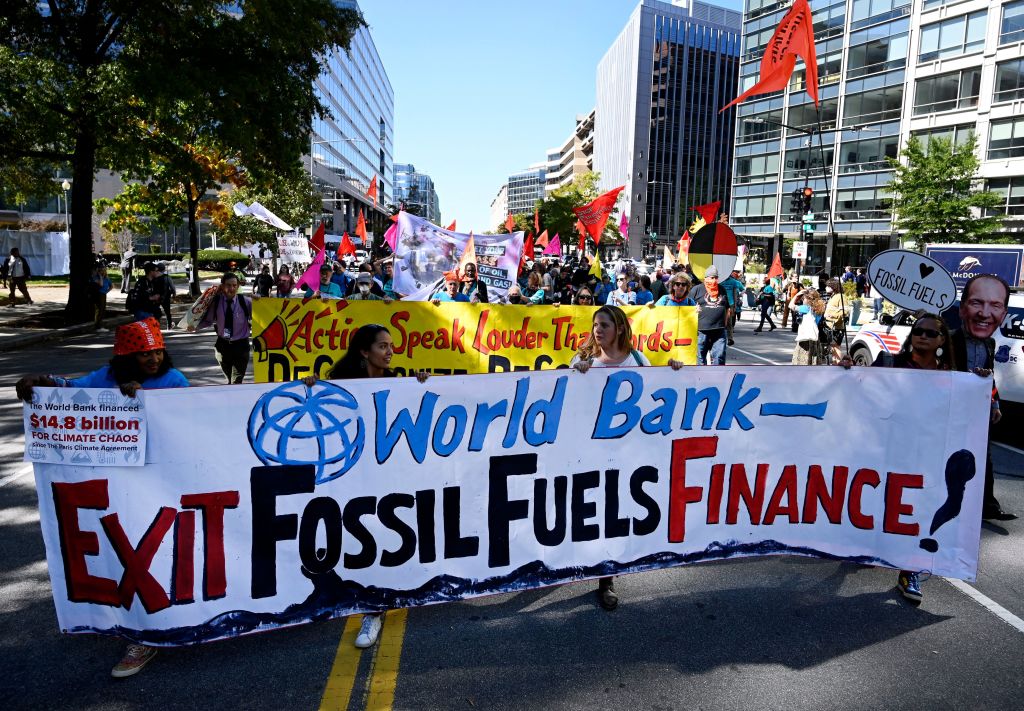In recent news, the White House has cited a so-called “climate pause” as the reason behind a hold-up in the liquified natural gas (LNG) industry. This has come as a surprise to some, as President Biden has long been a vocal advocate for clean energy and reducing greenhouse gas emissions.
The “climate pause” refers to the newly-established Interagency Working Group on the Social Cost of Greenhouse Gases, which is tasked with updating the monetary value of the damage caused by emitting one metric ton of carbon dioxide. The previous administration had lowered this value, which resulted in cheaper costs for fossil fuels and subsequently, a boost in the LNG industry.
However, the Biden administration has recognized the importance of accurately reflecting the true cost of greenhouse gas emissions on society and the environment. As a result, the Interagency Working Group is taking the necessary time to thoroughly review and update this value, leading to a temporary halt in some LNG projects.
This move has been met with both praise and criticism. Supporters of the decision applaud the administration’s commitment to addressing climate change and prioritizing the long-term health of the planet. On the other hand, opponents argue that it will lead to job losses and a decline in the U.S. energy industry’s global competitiveness.
Despite the differing opinions, it is crucial to recognize the significant impact that the LNG industry has on the environment. While natural gas is a cleaner alternative to coal, the production and transport of LNG emit substantial amounts of greenhouse gases. Therefore, any delay in the industry’s expansion presents an opportunity to further explore and invest in renewable energy sources.
Overall, the White House’s “climate pause” is a testament to the administration’s commitment to tackling the global climate crisis. While it may present challenges for the LNG industry in the short term, it has the potential to pave the way for a more sustainable future in the long run.

















